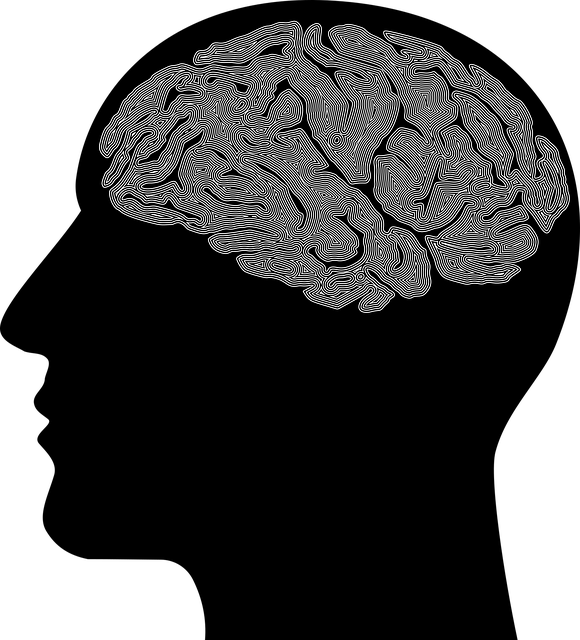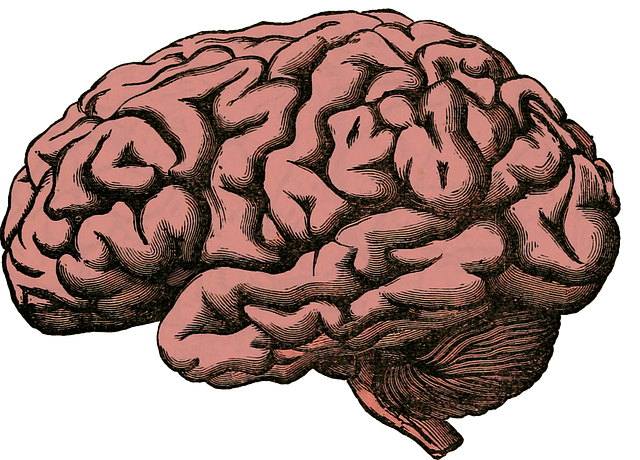Lone Tree Mandarin Chinese Speaking Therapy offers a unique, culturally sensitive approach to depression prevention, combining traditional therapy with stress reduction and emotional healing techniques. Their holistic method facilitates open dialogue in Mandarin Chinese, empowering clients from Mandarin-speaking backgrounds to manage their mental health effectively. By emphasizing mindfulness, self-reflection, and tailored self-care practices, this therapy fosters resilience and improves overall well-being, reducing stigma and providing personalized support that respects traditional beliefs.
Depression is a prevalent yet profound mental health challenge, affecting millions globally. In this article, we explore comprehensive strategies to prevent and combat depression, offering insights into various effective approaches. From recognizing subtle signs to delving into unique treatments like Lone Tree Mandarin Chinese Speaking Therapy, each section guides readers toward fostering resilience and enhancing overall well-being. Additionally, we highlight lifestyle adjustments and the power of supportive networks in creating a robust defense against this complex disorder.
- Understanding Depression: Recognizing the Signs and Symptoms
- The Role of Lone Tree Mandarin Chinese Speaking Therapy in Prevention
- Lifestyle Adjustments for a Healthier Mindset
- Building a Supportive Network: Connecting to Combat Loneliness
Understanding Depression: Recognizing the Signs and Symptoms

Depression is a complex mental health condition that can deeply impact an individual’s daily life and overall well-being. Recognizing the signs and symptoms early on is crucial for effective prevention and treatment. It often presents as persistent feelings of sadness, loss of interest in activities once enjoyed, changes in appetite or sleep patterns, fatigue, difficulty concentrating, and in severe cases, thoughts of self-harm. These indicators can vary from person to person, making it essential to seek guidance from a qualified professional who understands the nuances of cultural backgrounds, such as those from Mandarin-speaking communities.
Lone Tree Mandarin Chinese Speaking Therapy offers specialized support for individuals experiencing depression, incorporating culturally sensitive practices. The team provides crisis intervention guidance, helping clients navigate through intense emotions and distressing thoughts. By combining traditional therapy approaches with stress reduction methods and emotional healing processes, they aim to empower individuals to manage their mental health effectively. This comprehensive care ensures that those facing depression receive tailored support, fostering resilience and improved overall mental well-being.
The Role of Lone Tree Mandarin Chinese Speaking Therapy in Prevention

Lone Tree Mandarin Chinese Speaking Therapy offers a unique and effective approach to depression prevention, integrating cultural insights with therapeutic practices. This type of therapy leverages the power of language and communication to address emotional challenges, focusing on both the mind and matter principles. By facilitating open dialogue in Mandarin Chinese, therapists create a safe space for individuals to explore their thoughts and feelings, fostering self-awareness and understanding.
The sessions go beyond traditional talk therapy by incorporating cultural aspects that resonate with many individuals. This holistic approach encourages emotional healing processes through self-reflection, mindfulness, and the cultivation of healthy coping mechanisms. Additionally, Self-Care Practices tailored to individual needs are emphasized, providing clients with practical tools to maintain mental well-being. The combination of linguistic support, cultural sensitivity, and evidence-based techniques makes Lone Tree Mandarin Chinese Speaking Therapy a valuable resource in the ongoing battle against depression.
Lifestyle Adjustments for a Healthier Mindset

Adopting a healthier lifestyle can significantly contribute to preventing and managing depression. Regular physical activity, for instance, has been proven to boost mood by releasing endorphins, natural chemicals in the brain that act as powerful painkillers and promote feelings of happiness. Incorporating activities like walking, yoga, or even gardening into your routine can make a noticeable difference. Moreover, prioritizing quality sleep is crucial; most adults need 7-9 hours nightly for optimal mental health.
Cultural sensitivity in mental healthcare practice plays a significant role in preventing depression. For individuals who may feel hesitant to seek help due to stigma reduction efforts, finding therapists with expertise in their cultural background can be immensely beneficial. Lone Tree Mandarin Chinese speaking therapy, for example, offers a safe and supportive space where clients can openly discuss their feelings while respecting traditional beliefs and values. This personalized approach not only enhances the therapeutic experience but also improves outcomes by addressing specific mental health concerns within a cultural context.
Building a Supportive Network: Connecting to Combat Loneliness

Building a supportive network is an essential aspect of depression prevention, especially for those who may feel isolated or like a lone tree. Connecting with others, particularly those who share similar experiences or speak your native language, can combat loneliness and provide a sense of belonging. Mandarin Chinese speaking therapy sessions offer a unique opportunity to engage in mind over matter principles tailored to cultural nuances. These therapeutic environments foster open communication, allowing individuals to express their feelings and gain valuable insights from peers and professionals.
By joining support groups or participating in community activities, people can access trauma support services discreetly and anonymously, if desired. Engaging in regular mindfulness meditation practices within this network further strengthens resilience against depression. This holistic approach leverages the power of human connection while incorporating evidence-based strategies to promote mental well-being.
In addressing depression prevention, a multifaceted approach is key. By understanding the signs and symptoms, leveraging specific therapies like Lone Tree Mandarin Chinese Speaking Therapy, adopting healthy lifestyle adjustments, and building supportive networks, individuals can proactively manage their mental health. These strategies not only help prevent depression but also foster a more resilient and fulfilling life.













